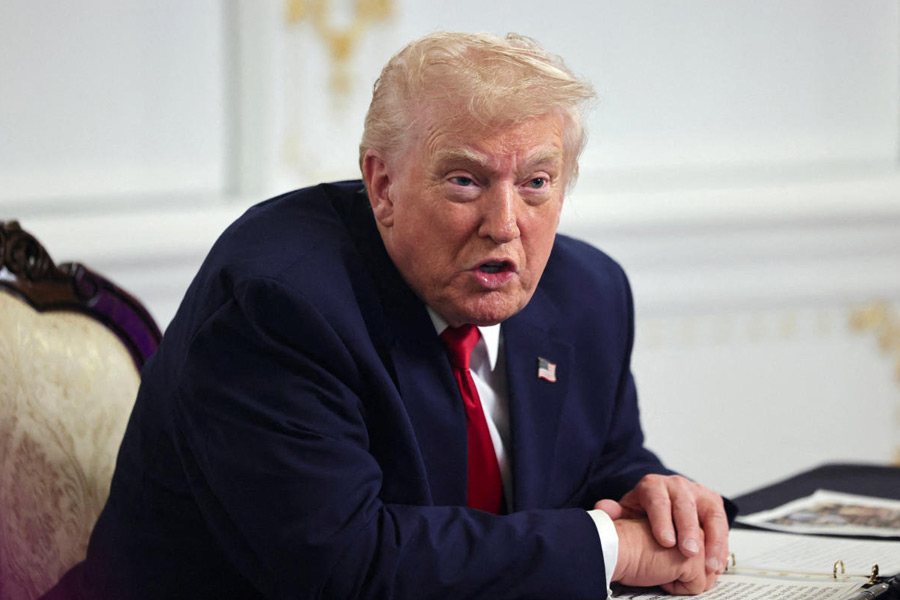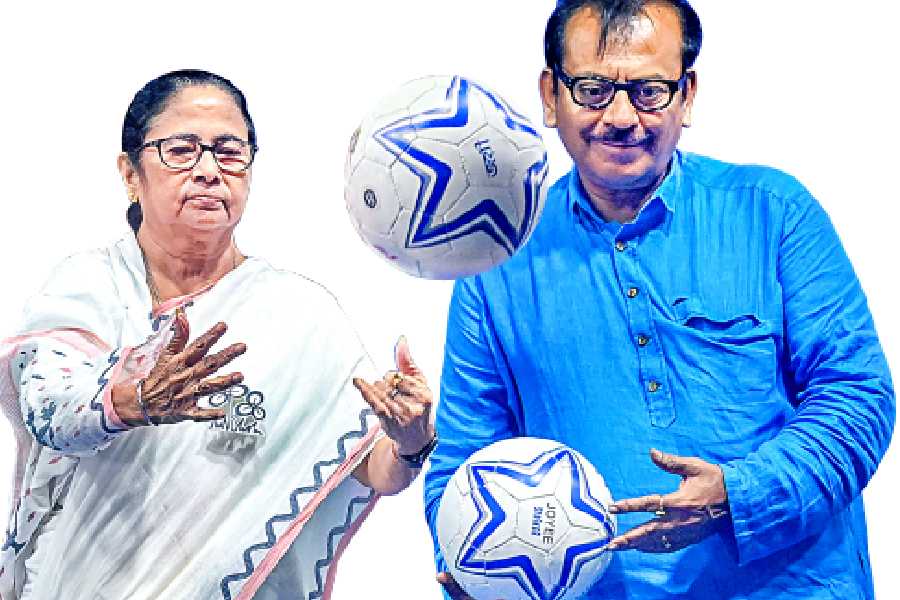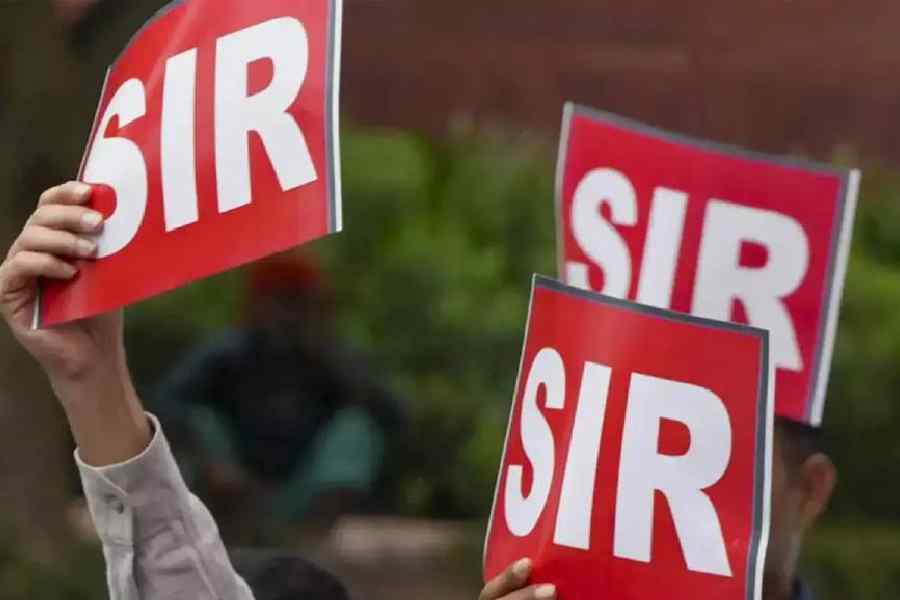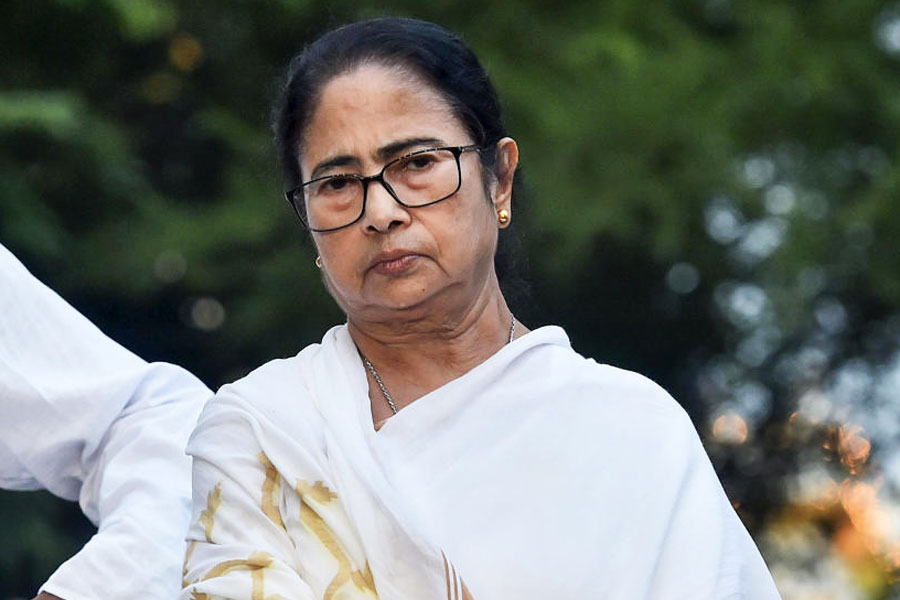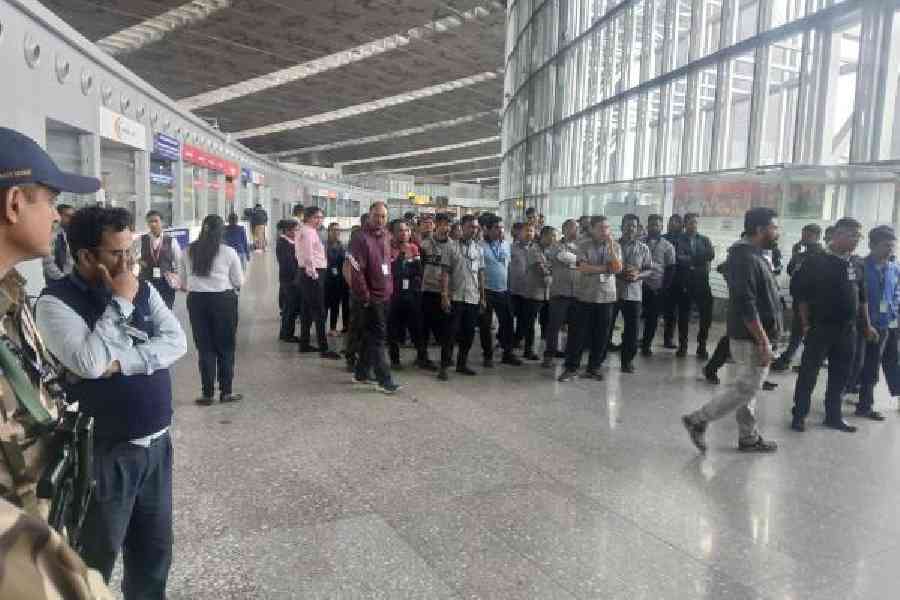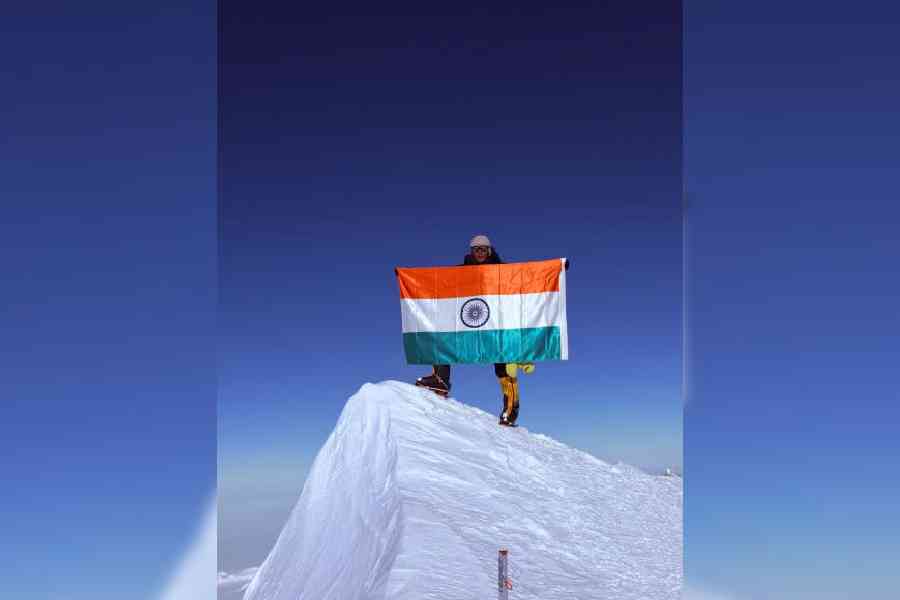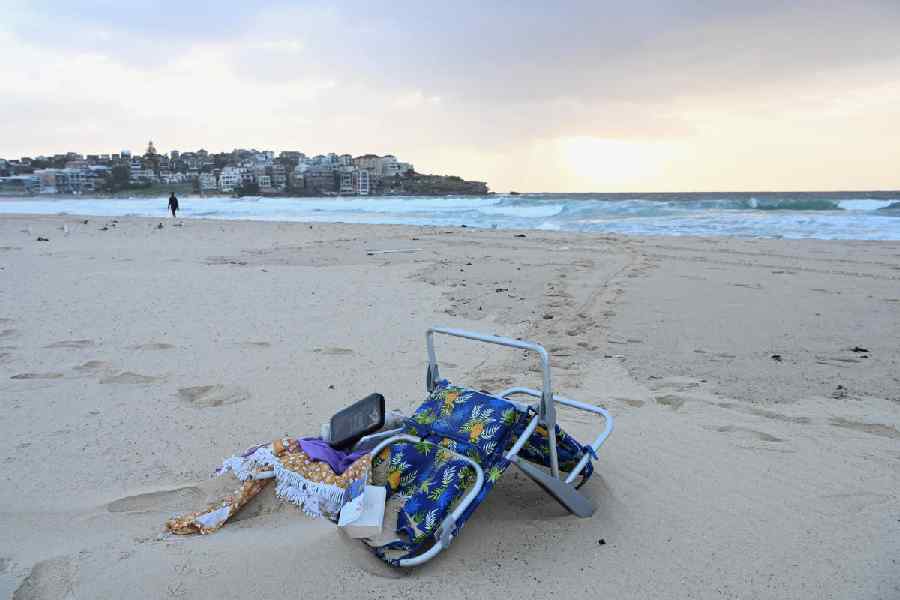 |
| Xattriya danseuse Anwesa Mahanta |
Calcutta, Jan. 16: A need for self-expression and assertion of the ethnic multitudes of the northeastern region has culminated in Cultures of Peace: Festival of the Northeast.
Organised by Zubaan, a non-profit publication, in association with event management firm Khublei at the India Habitat Centre, New Delhi, the two-day festival that begins on Friday will explore the past, present and the future of the Northeast in its quest for identity.
The event, funded by Heinrich Böll Stiftung - India, will be inaugurated at the Stein auditorium and will feature discussions on art, literature, cinema, music, dance, cuisine and more.
Columnist Patricia Mukhim, who will discuss The Peripheral Centre: The Northeast Identity Then and Now, on the opening day, rues that the region makes it to national news only if there is bloodshed. For the Centre, meaning Delhi, the Northeast is still a troubled periphery. “A large majority of Indians neither know the Northeast nor have an idea about its people. This region is rich in literature and folklore. The festival in Delhi will showcase some of this, hopefully,” she says.
Mary Therese Kurkalang, director, Khublei, outlines the aim of the festival, which is being held for the second time: “We are presenting a mix of the old and the new, the traditional and the modern, the veterans and the young artistes, while trying to convey that the region is very much a part of the nation.”
On Friday, while artistes like Rida Gatphoh and The Musical Folks, Shillong, will fuse Khasi instruments with contemporary tunes, Rewben Mashangva and group, from Manipur, will play the popular Naga Blues.
On the second day, a number of eminent personalities will discuss topics pertaining to the region and its presence.
While Spectacles of Blood, a discussion, will talk of ethnic violence in Assam, Lunatic in My Head will trace the tribal-non-tribal divide in Meghalaya. Eating Women Telling Tales will discuss Naga food in the capital, A Room of One’s Own will explore the nuances of women’s writing and The Other Side of Silence will present life and times in Mizoram.
Art critic and author Moushumi Kandali, Patricia Mukhim, author Anjum Hasan, Arunachal Pradesh State Commission on Women chairperson Jarjum Ete, poet and ethnographer Temsula Ao, author and columnist Sanjoy Hazarika, among others, will participate in the discussions.
Prof. Joy Pachuau and Willem van Schendel will put forward their pictorial views in Mizo Modernities, an exhibition of photographs.
Manipur will also find its niche during First Cut — a talk on film culture and censorship in the state.
“Documentary filmmaking has always been enmeshed in issues of censorship but with technology, and particularly digital technology, that freedom to circulate has been strengthened,” the moderator, independent documentary filmmaker Sanjay Kak, says.
“We will discuss Manipur but the debates are not really dissimilar in many other places: censorship by the state, by the market, and increasingly, by the mob — the self-appointed guardians of public morality. I think we are poised to see a whole lot of self-expression from the state. There’s a new generation of excellent documentary filmmakers, with people like Oinam Doren and Haobam Paban Kumar, and they are bound to push the frontiers of what we expect from the region.”
Anwesa Mahanta, Xattriya dancer from Assam, will round off the performances on Saturday. She describes Cultures of Peace as a glimpse into the gamut of expressive arts of the region, helping the rest of the world connect to the Northeast. “This festival is a beautiful opportunity to re-look, re-imagine and re-search my identity, the ethnicity of my land and the cultural borders of the region.”
Mukhim sums up: “We in the Northeast are proud of our unique and multiple ethnic identities. While we need to be legitimately proud of our heritage and ethnicities, we also need to be proud Indians. Many youths from the region are finding work in Delhi, Bangalore and all the other metros of India. This might finally bridge the gap between India and the Northeast.”


